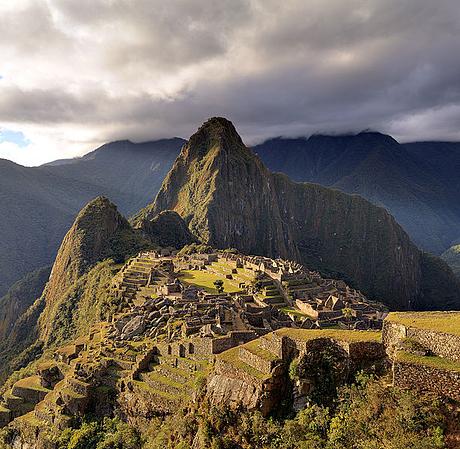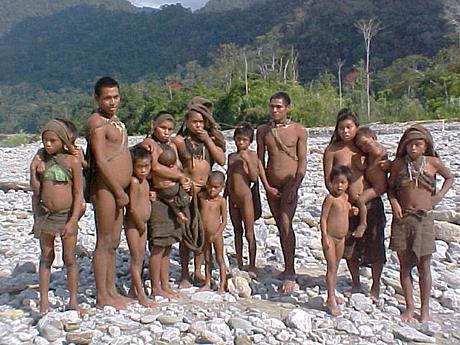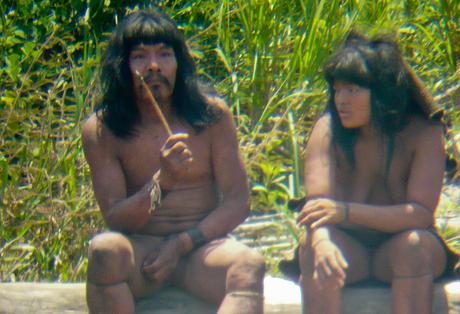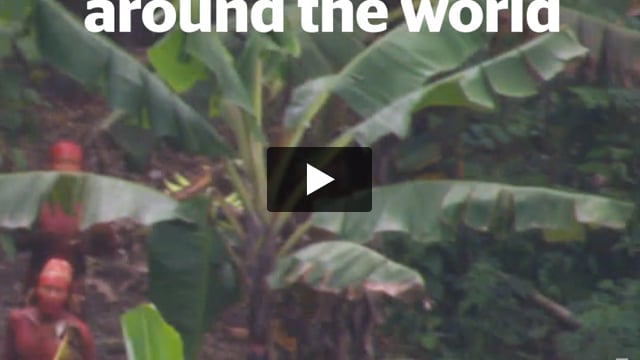Machu Picchu celebrations just 100km from uncontacted tribes
July 20, 2011
 © Martin St-Amant – Wikipedia – CC-BY-SA-3.0
© Martin St-Amant – Wikipedia – CC-BY-SA-3.0
July 24 marks the 100th anniversary of the ‘discovery’ of Machu Picchu, the Inca citadel high in the Peruvian Andes, by U.S. explorer and academic Hiram Bingham.
But while Peru celebrates the legacy of the Indigenous Inca people, it is simultaneously planning to grant oil and gas companies access to the lands of uncontacted Indians in the Kugapakori-Nahua-Nanti reserve. Such access would pose an extreme risk to their lives.
Stephen Corry, Director of Survival, said today, ‘Only about 100km separates Machu Picchu from the border of the Kugapakori-Nahua-Nanti reserve, where several uncontacted tribes are known to live. Yet the difference in the government’s attitude is phenomenal.
 © Unknown/Survival
© Unknown/Survival
‘It appears that double standards are at play: when it suits the government to exploit its Indigenous peoples, it celebrates them; when it finds a way of profiting from their lands, it draws up plans that could lead to their extinction.
‘If Peru’s new government is serious about demonstrating respect for its Indigenous peoples, it will ban global companies from working in areas where they are endangering Indians’ lives. Lavish celebrations with multi-coloured light displays and historical processions might commemorate Peru’s Indigenous past, but the only way to safeguard their future is by demarcating and protecting Indian lands.’
Notes to Editors:
- Machu Picchu is thought to have been built by the 15th Century Inca ruler, Pachacutec. It was declared a UNESCO World Heritage Site in 1983.
- Machu Picchu is the country’s biggest tourist attraction, and the source of up to 70% of the country’s tourism revenue. It received approximately 800,000 visitors in 2010.
- Both Peruvian and international laws state that Indigenous people should be consulted about projects affecting their lands. In the case of uncontacted tribes, such consultation is impossible. Survival is calling for all oil and gas exploration on uncontacted tribes’ lands to cease immediately.




